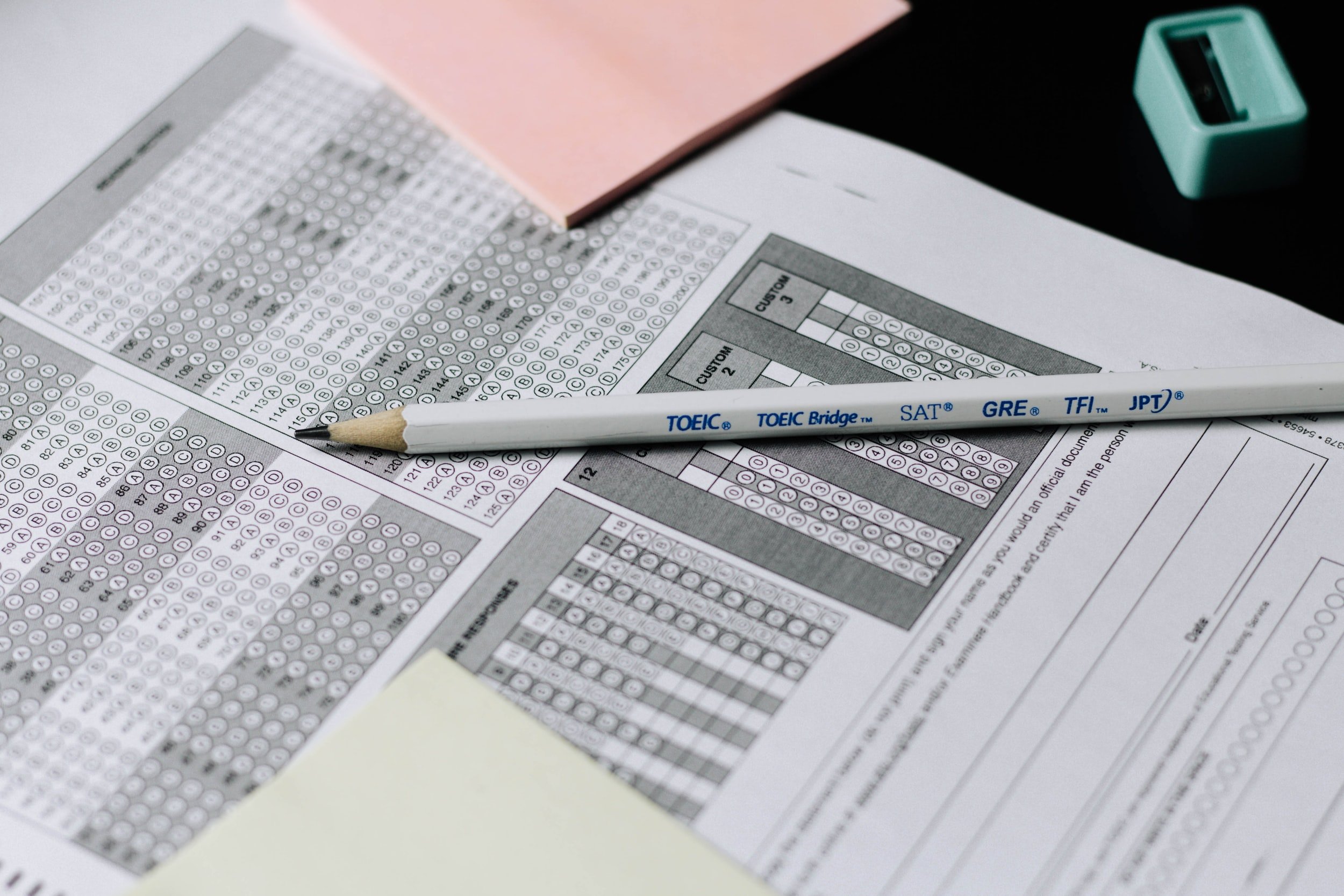College

Photo by Marie Bellando-Mitjans on Unsplash
Midterm and final exams are a stressful time for all students. With so much to do in a short timeframe, many college students resort to all-nighters and excess coffee to get through this dreaded time. As a student with a chronic illness, you will need to use more caution. Read on to learn about tips for doing your best during finals without jeopardizing your health.
A lot of students struggle with procrastination, leaving little time to study for an exam or write a term paper. While this is never a good strategy, it can be particularly dangerous for those of us with chronic health conditions. Fatigue, flare symptoms, or medication side effects can hinder our ability to concentrate and reach peak performance. You do not want your symptoms to hit when you are staring at a blank word document the day before your big research paper is due.
My personal strategy is to work at least a week ahead of schedule. This gives me cushion room if I have a flare or get sick. If you are comfortable doing so, you can email your professor asking if you can get the syllabus ahead of time. Of course, this is not always an option. When I do not have access to a syllabus, I try my best to get ahead during the first week.
You should also try getting ahead with major assignments and exams. I start thinking about final essay and research topics the moment I see the assignment on the syllabus. I try to come up with a topic after the first two weeks of class and use my high-energy days to begin research.
Of course, this does not always happen. If you are reaching the end of the semester and do not have a topic, settle on something manageable. You will have other opportunities to flaunt your creativity and innovation. When you reach the final weeks of the semester your main focus should be simplifying what you need to do and taking care of yourself.
When it comes to exams, I like to study as I go. I set about thirty minutes a day aside to review concepts from earlier in the semester. This helps keep the material fresh throughout the semester so that I do not need to study as much right before an exam. It also helps commit the information to long-term memory which makes it easier for me to overcome brain fog.
Do your best to start preparing for a final at least a week before the exam so that you will have cushion room if you need it. In the best-case scenario, you will simply be all the more prepared for your exam!
In addition to being proactive with your schoolwork, it is critical to stay on top of your health. Call your doctor immediately if you notice any symptoms. Do not try to ‘wait it out’ until you have finished your next major assignment or the semester. Delaying treatment can exacerbate flares and make it harder for you to catch up with work (I speak from experience). It is much better to lose a day of studying for a doctor’s appointment than to end up in the ER during exam week.

Photo by Nguyen Dang Hoang Nhu on Unsplash
Communication is key. If your symptoms or medications are impacting your ability to focus in class or complete quality work, reach out to the director of your disability services office (If you are not already registered, register now!) to see if you can make any adjustments to your accommodations. You should also reach out to your professors to let them know what is going on. Do not think of it as making an excuse; you are simply providing an explanation. Some of your professors might work with you to make the workload more manageable. For example, one of my graduate school professors allowed me to complete a written report in place of a class presentation because my symptoms were particularly active in his 9:00 PM class. You might be surprised by how accommodating people can be when you are honest.
Learn more about applying for accommodations with IBD.
It is easy to fall into the trap of comparing ourselves to others. This almost always leads to negative feelings. It is critical to remember that life is not a level playing field. Resist the urge to compare yourself to your healthy peers, especially during final exam season. Focus on doing your best while simultaneously listening to your body. Sometimes, your illness may interfere with your grade on an exam or in a class. This is not a reflection of your skills or knowledge. It simply means that you had a harder race.
Finally, give yourself a big pat on the back after finishing each final. Regardless of the end-product, you did your best. You are a warrior!
